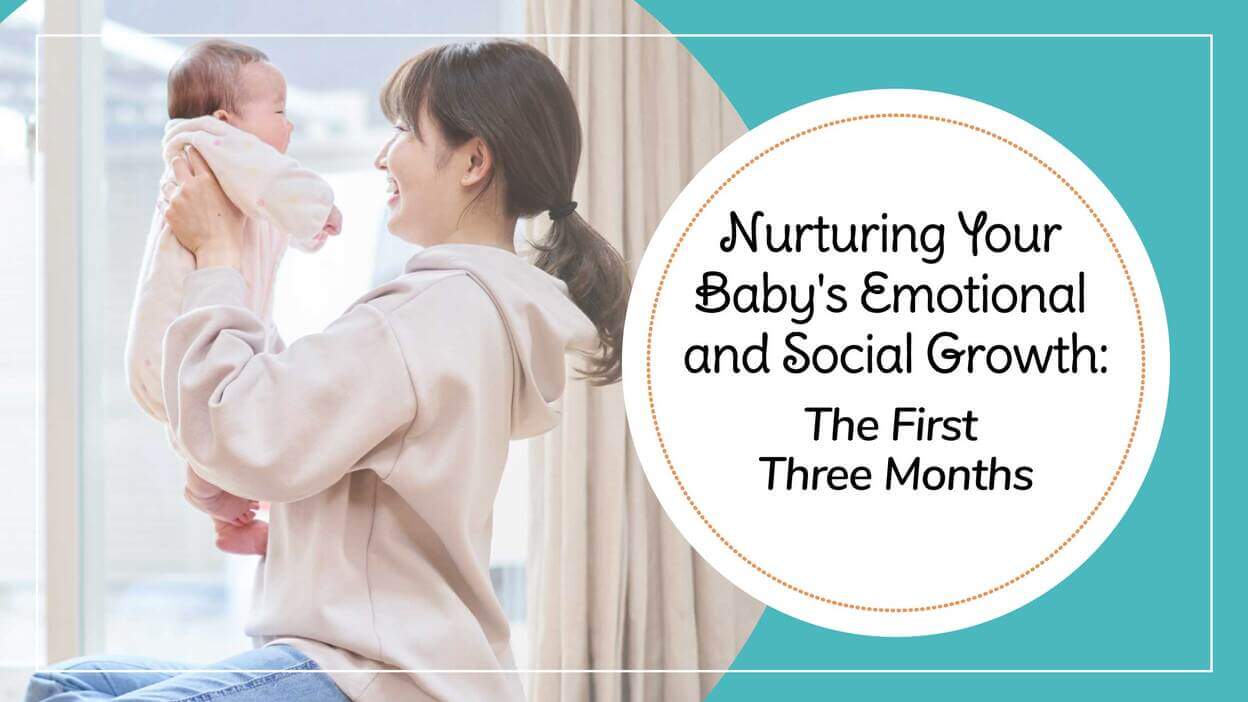Pregnancy and the postpartum period are transformative times filled with joy, anticipation, and new beginnings. However, for some women, these stages can be accompanied by the challenges of depression and anxiety. It's crucial to understand and address these mental health conditions to provide the necessary support for your partner. In this comprehensive blog post, we will explore the causes and symptoms of depression and anxiety during pregnancy and after birth, as well as provide practical strategies to support your partner through this journey.
Understanding Depression and Anxiety During Pregnancy and After Birth:
Causes:
- Hormonal changes: Fluctuating hormone levels during pregnancy and after birth can contribute to mood swings, anxiety, and depression.
- Emotional and physical stress: The demands of pregnancy, childbirth, and caring for a newborn can create stressors that exacerbate mental health conditions.
- Past mental health history: Women with a history of depression or anxiety are more susceptible to experiencing these conditions during and after pregnancy.
- Lack of social support: Isolation or inadequate support systems can contribute to feelings of loneliness and exacerbate symptoms.
Symptoms:
- Depression: Persistent sadness, feelings of hopelessness, loss of interest in activities, changes in appetite or sleep patterns, fatigue, difficulty concentrating, and thoughts of self-harm.
- Anxiety: Excessive worry, restlessness, irritability, racing thoughts, difficulty sleeping, physical symptoms like rapid heartbeat or shortness of breath.
Supporting Your Partner:
- Open Communication:
- Encourage open and honest conversations about their emotions, concerns, and fears.
- Listen attentively without judgment, offering a safe space for expression.
- Encourage Professional Help:
- Emphasize the importance of seeking professional support, such as therapy or counselling.
- Offer assistance in finding a qualified mental health professional with expertise in perinatal mental health.
- Educate Yourself:
- Research and learn about depression and anxiety during pregnancy and after birth to better understand your partner's experiences.
- Share your knowledge with your partner to help them feel understood and validated.
- Provide Emotional Support:
- Show empathy and validate their emotions.
- Offer reassurance, understanding, and patience during difficult moments.
- Express love and appreciation regularly.
- Help with Practical Tasks:
- Assist with household chores, childcare duties, or errands to alleviate their stress.
- Encourage self-care activities by giving them time for relaxation or pursuing hobbies.
- Promote Healthy Lifestyle Habits:
- Encourage regular exercise, a balanced diet, and sufficient sleep to support their overall well-being.
- Join them in activities like walks or prenatal yoga to promote bonding and physical health.
- Attend Medical Appointments Together:
- Accompany your partner to prenatal and postnatal check-ups to show your support and stay informed about their care.
- Offer to take notes or ask questions during appointments to ease their stress.
Conclusion:
Supporting a partner with depression and anxiety during pregnancy and after birth requires patience, understanding, and a proactive approach. By encouraging open communication, seeking professional help, providing emotional support, assisting with practical tasks, promoting healthy habits, and attending medical appointments together, you can help your partner navigate these challenging times. Remember, your support plays a vital role in their mental health journey, ensuring they feel loved, heard, and empowered as they embark on this transformative phase of parenthood.



